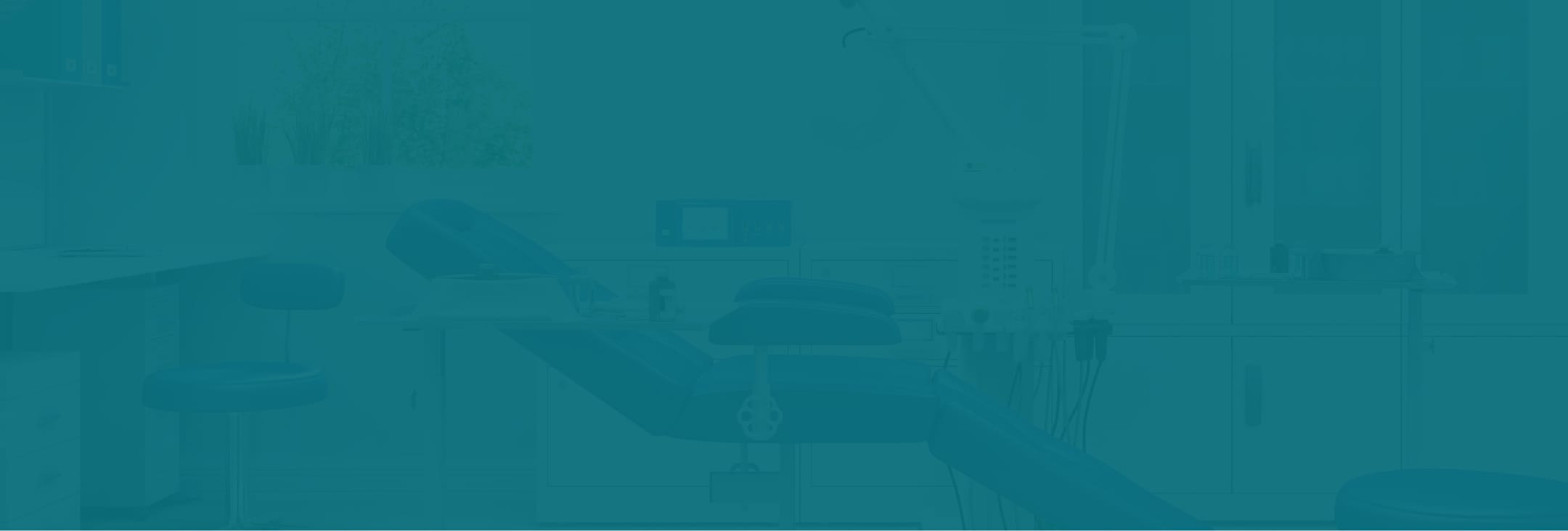A good night's sleep is essential for overall health and quality of life. When sleep-related concerns disrupt your rest, seeking the expertise of a sleep specialist doctor in Houston will bring you relief.
Sleep Testing in Houston
If you're struggling with sleep-related concerns, a sleep specialist may recommend various types of testing to assess your sleep patterns, diagnose sleep disorders, and develop an effective treatment plan. Here are some common types of testing offered for sleep-related conditions:
- Polysomnography (PSG): Polysomnography is a comprehensive sleep study conducted in a sleep lab. It involves monitoring various physiological parameters during sleep, including brain activity (EEG), eye movements (EOG), muscle activity (EMG), heart rate, respiratory effort, and oxygen levels. PSG is often used to diagnose sleep disorders such as sleep apnea, narcolepsy, and parasomnias.
- Home Sleep Apnea Testing (HSAT): For individuals suspected of having obstructive sleep apnea, a portable device can be used for home sleep apnea testing. It typically measures breathing patterns, oxygen levels, and airflow. While HSAT is more convenient than PSG, it may not provide as much information about other sleep disorders.
- Multiple Sleep Latency Test (MSLT): The MSLT is used to diagnose narcolepsy and assess daytime sleepiness. It involves a series of daytime naps, during which your sleep latency (time to fall asleep) and the presence of rapid eye movement (REM) sleep are monitored.
- Maintenance of Wakefulness Test (MWT): The MWT measures your ability to stay awake during the day. It is often used to evaluate daytime sleepiness in individuals with conditions such as narcolepsy and sleep apnea.
- Actigraphy: Actigraphy involves wearing a small, wrist-worn device that records your movements and activity levels. It is often used to assess sleep-wake patterns and circadian rhythms over an extended period, making it useful for diagnosing conditions like insomnia and circadian rhythm disorders.
- Home sleep studies: Some sleep disorders can be assessed with simplified home sleep studies. These studies may involve monitoring breathing patterns, heart rate, and oxygen levels using portable devices that you wear while sleeping in your own bed.
- Polysomnography for children: Sleep studies tailored for children may include monitoring parameters such as respiratory effort, airflow, and movement. They can help diagnose pediatric sleep disorders like sleep apnea and restless legs syndrome.
- Actigraphy for pediatrics: Actigraphy monitors sleep patterns in children and adolescents to assess sleep disorders or problems in sleep-wake patterns.
- Nocturnal video recording: Video recording during sleep studies can help capture movements, behaviors, and events that occur during sleep, aiding in the diagnosis of parasomnias or nocturnal seizures.
- Home sleep apnea testing for children: Similar to adult home sleep apnea testing, specialized devices are available for children to assess the presence of obstructive sleep apnea.Sleep testing in Houston





